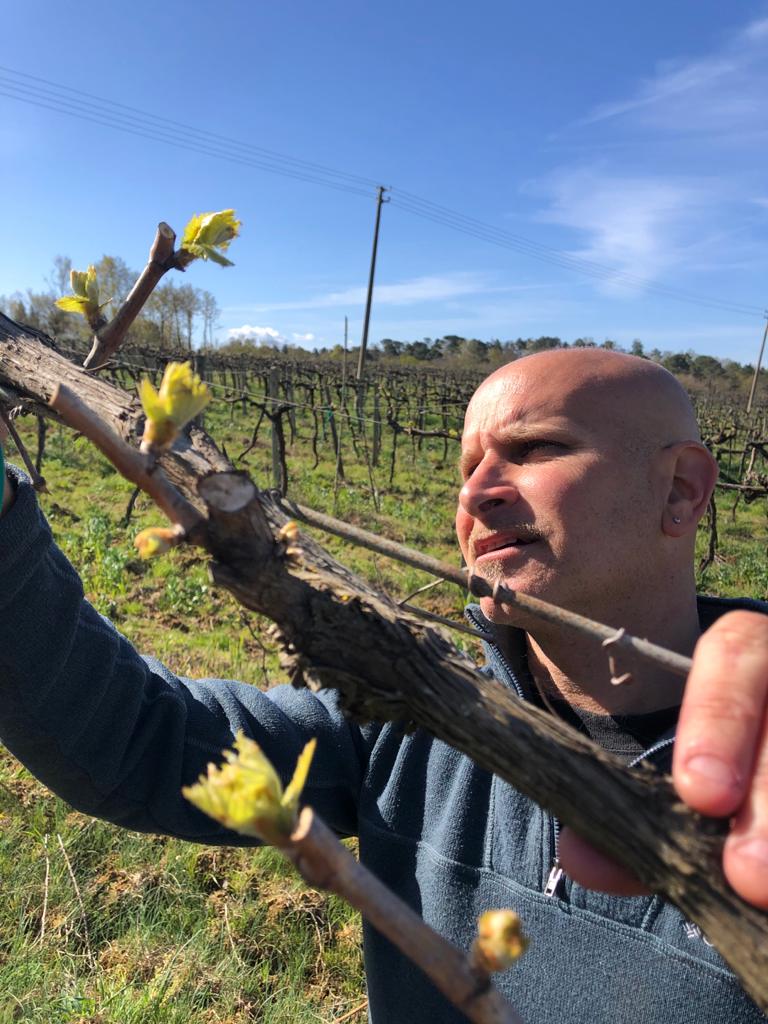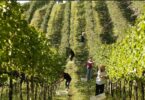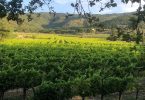The Wolf Post, supported by a Cultural Association, offers a professional service with free access, without subscription.
For this reason, a donation would also be a sign of appreciation for our work.
Credits: Dario Parenti Oenologist
“The Wolf Post”, has already highlighted, in previous interviews, how climate change was a reality to deal with today and no longer tomorrow.
Summer 2022 will be remembered in Europe, especially in the southern side of the continent, as the hottest and driest. The difference compared to other seasons, like last summer, lies in the duration of the high temperatures.
Drought is putting a strain on agriculture and the wine sector is not excluded. In Italy, the North has to deal with a new reality such as water rationing. The coming summers could be even hotter.
The challenges for the winemaker are many. We ask the crucial figure in the sector for his thoughts on the matter.
The thoughts of the oenologist Dario Parenti.
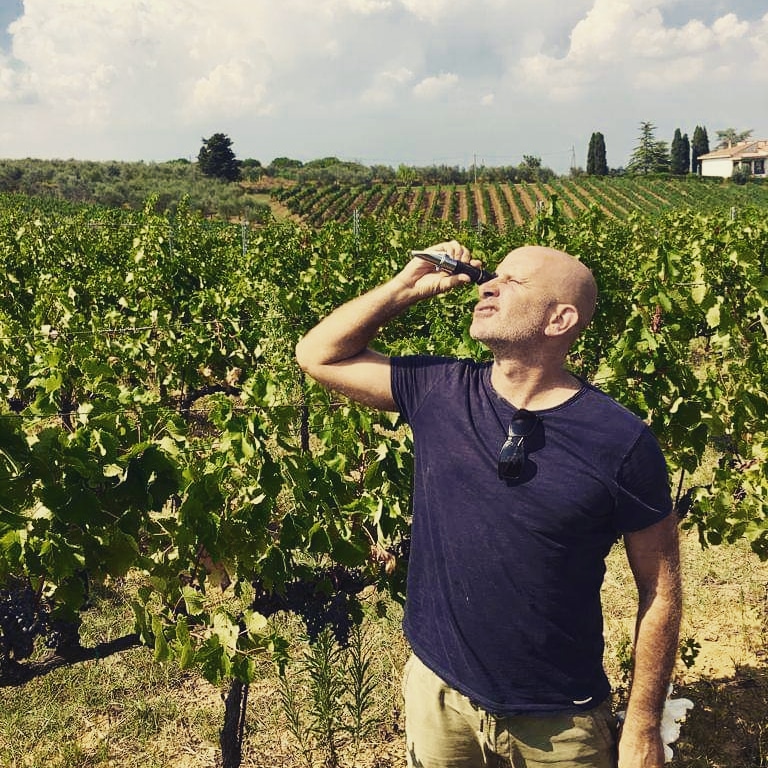
© Dario Parenti
Summer 2022: what difficulties, due to drought and the persistence of heat, are you currently experiencing in your work?
Not only is it a difficult summer, the past winter and spring were even more so: only in 2017 and 2003 did we witness such a marked shortage of rain for so many consecutive months. Thankfully, we have had fewer late frosts than five years ago and last year.
At the moment, the problems of water stress are more contained for the vine than other crops, currently already in great suffering but, if the situation does not improve, we risk facing increasing problems both for quantity and quality. Formation of aromatic and polyphenolic precursors have already begun but they may not be efficient where water is lacking. And without rain, the withering of the grape, resulting in an obvious quantitative reduction, is a potential big problem, especially after a year, the year 2020, which had had a strong decrease in production.
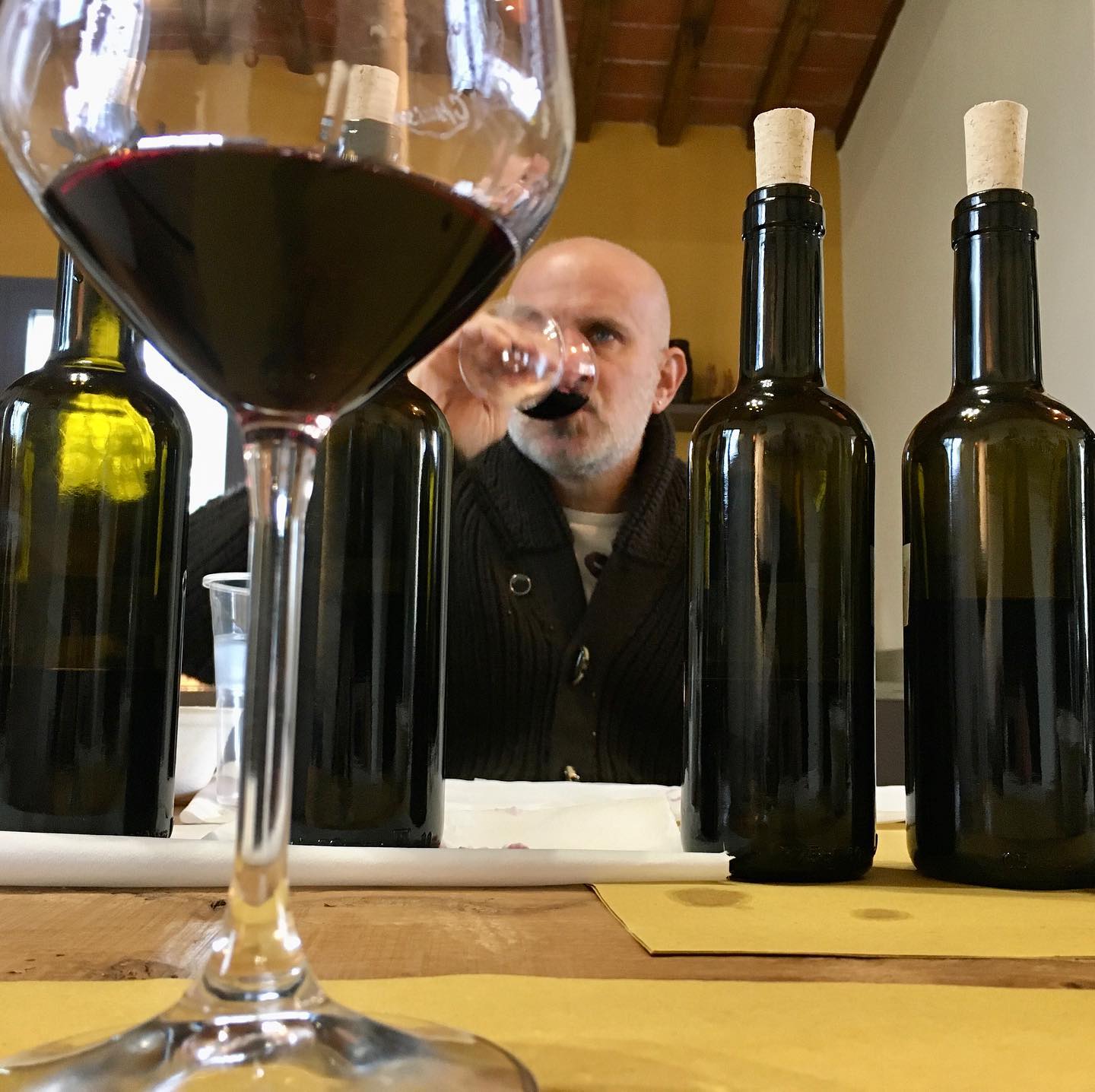
© Ph. Dario Parenti Enologo
How are you dealing with any emergencies, also in view of the harvest?
Most of the vineyards are not yet suffering but, given the situation, the problems due to drought are getting closer and closer. Those vineyards with too loose soils and, obviously, those just planted are already suffering from drought: it is even more inevitable in this case to compensate for the lack of rainwater by adding it directly. For the vineyards in production, it is then essential to think about land management that favors both the penetration of rare rainwater and the preservation of moisture in the lower layers.
Differences in criticality between vineyards in the North and South (the latter used to extreme temperatures and drought)?
Also in the South of the country there was a proportionate increase in temperatures as well as a decrease in the already sporadic rainfall, in a scenario that is generally more difficult than ours. But, as you say well, the habit of lack of rain is more rooted in time and rootstocks, emergency irrigation systems, varieties and farming methods suitable for dealing with these difficulties were chosen.
In Tuscany, however, we have always focused on a grape variety, Sangiovese, which copes with climate change better than most other varieties: if it finds its right combination between soil structure and exposure with global warming it could also improve, in certain specific cases. Obviously, and inevitably, when managed as a result of a careful analysis of its relationship with soil and climate.
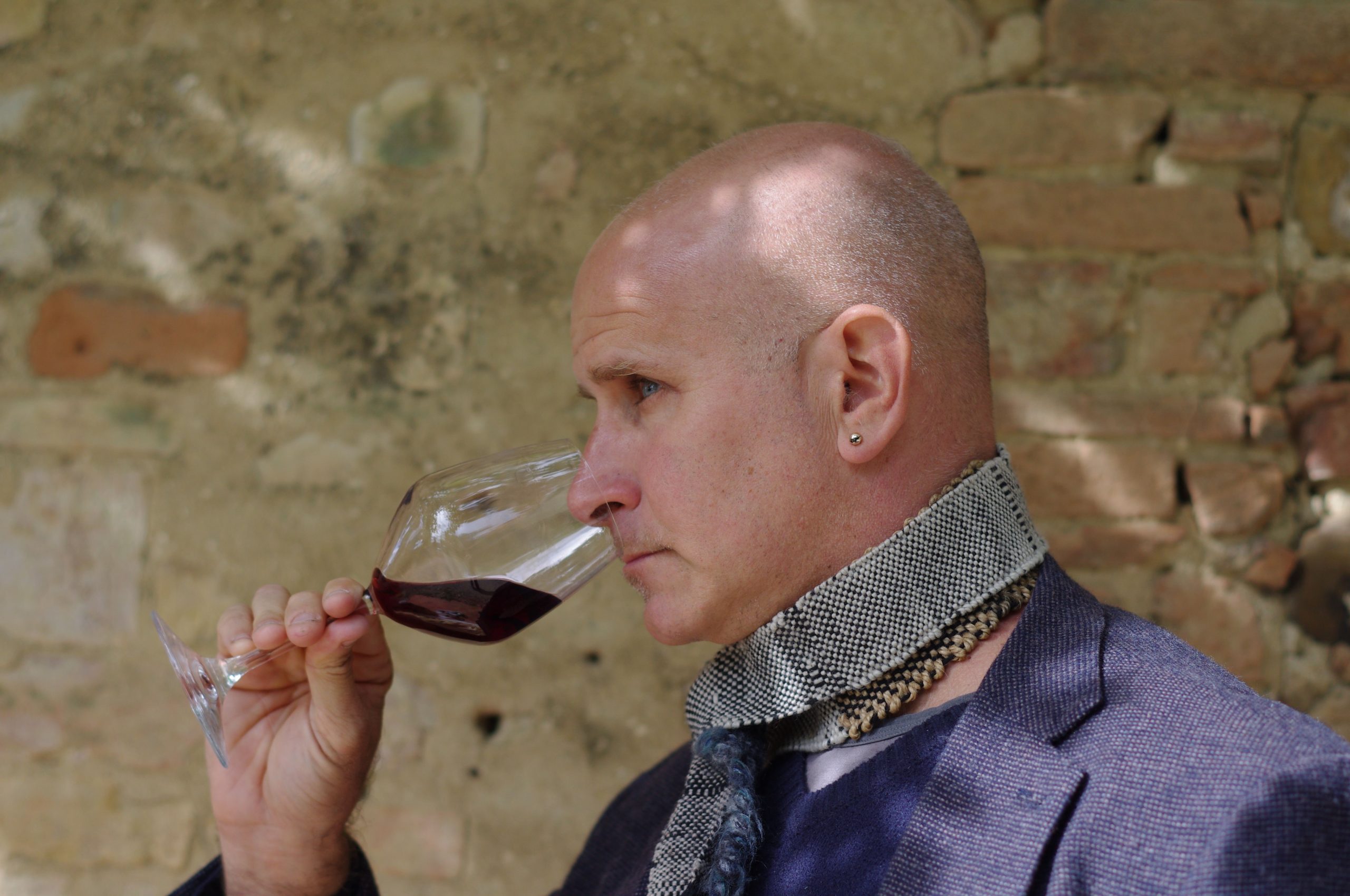
© Ph. Dario Parenti Enologo
How does your work adapt in view of times when the climate, both in summer and in winter, will increasingly (and not positively) affect the work of agricultural entrepreneurs?
We have already partially changed the approach to viticulture and agronomy of the last fifteen to twenty years, favoring practices that are more suitable for these new climatic scenarios as well as reshaping the choices both in terms of vineyard planting and in annual operations. Pruning, to give an example of winter work, we are postponing it as much as possible so as to prevent any late frosts from affecting the young shoots, compromising the vintage right from the start. In summer, however, if mulching of the soil is increasingly used, practices such as leaf removal and thinning, extremely popular in the early 2000s, are now applied with much more caution than before.


